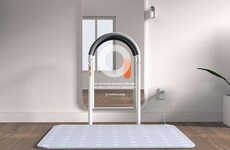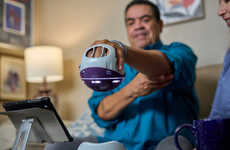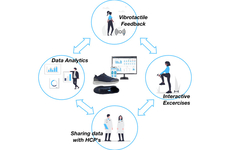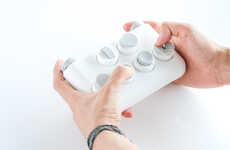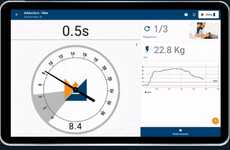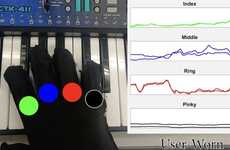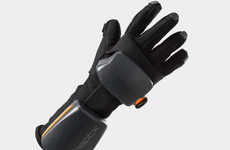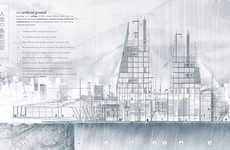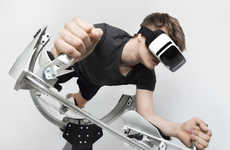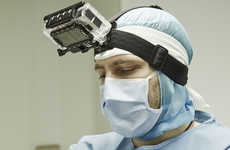
This Machine Allows Physiotherapists to Monitor Progress From Afar
Rahul Kalvapalle — October 27, 2015 — Tech
References: csl.illinois.edu & gizmag
A group of scientists, led by Professor Thenkurussi Kesavadas at the University of Illinois, are developing a futuristic and highly efficient haptic feedback system that could revolutionize the way victims of strokes recover and regain their function. While people who suffer strokes do receive rehabilitative therapy, it is often difficult for physiotherapists to continue keeping tabs on their progress once they are discharged from hospital. This is where the Cognitive Haptic-Based Rehabilitation System for Patient-Centric Home project comes in.
This system uses a haptic-feedback hardware platform situated in the patient's home, a brain-machine interface and a remote-access setup that allows therapists to monitor patient's therapy and adjust it as required.
This haptic feedback system shows a lot of potential in occupational and physical therapy settings, and could be of great use to the medical industry.
This system uses a haptic-feedback hardware platform situated in the patient's home, a brain-machine interface and a remote-access setup that allows therapists to monitor patient's therapy and adjust it as required.
This haptic feedback system shows a lot of potential in occupational and physical therapy settings, and could be of great use to the medical industry.
Trend Themes
1. Haptic Feedback Systems - The development of haptic feedback systems for stroke recovery could disrupt the rehabilitation therapy industry.
2. Remote Monitoring - The implementation of remote monitoring technology in healthcare settings has the potential to revolutionize patient-centered care.
3. Brain-machine Interfaces - Advancements in brain-machine interfaces open up opportunities for innovative applications in healthcare and therapy fields.
Industry Implications
1. Occupational Therapy - Integrating haptic feedback systems into occupational therapy practices can enhance the patient experience and improve functional outcomes.
2. Physical Therapy - The utilization of haptic feedback systems in physical therapy can optimize rehabilitation processes and facilitate better patient recovery.
3. Healthcare Technology - The development of haptic feedback machines and remote monitoring platforms presents disruptive innovation opportunities in the healthcare technology industry.
2.4
Score
Popularity
Activity
Freshness

